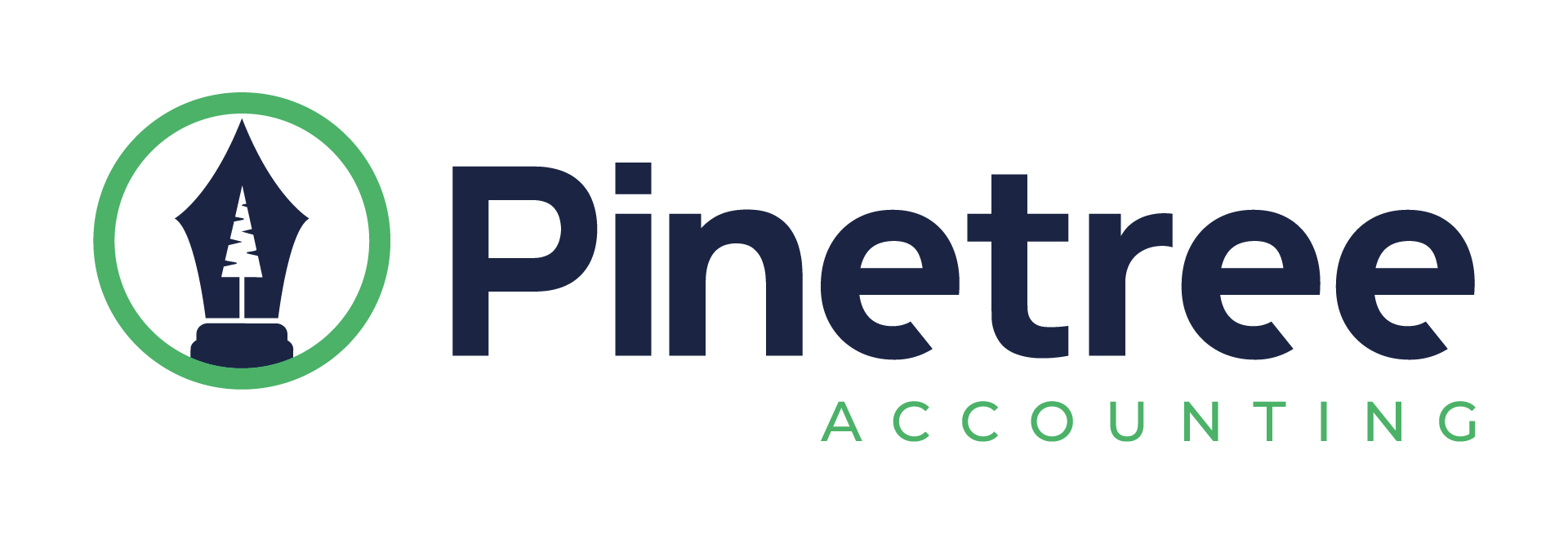The accounting industry is undergoing a dramatic transformation driven by digital technologies. From manual ledger entries to AI-powered financial analytics, the evolution of accounting in the digital age is reshaping the profession and the services it offers. For businesses in Tsim Sha Tsui and beyond, adapting to these changes is not just beneficial—it’s essential for staying competitive. In this article, we’ll explore the key technologies driving this transformation, the benefits and challenges of digital accounting, and the future of the profession.
Key Technologies Driving the Evolution of Accounting
Artificial Intelligence and Machine Learning
Artificial Intelligence (AI) and Machine Learning (ML) are at the forefront of accounting’s digital evolution. These technologies automate repetitive tasks such as data entry, transaction categorization, and invoice processing, significantly reducing human error and freeing up accountants to focus on strategic activities. AI also offers real-time data analysis, enabling predictive insights that help businesses make informed decisions about their financial future.
For example, AI tools can quickly analyze vast datasets to identify patterns and anomalies, which is particularly useful for fraud detection and compliance management. The ability to provide predictive analytics allows accountants to move beyond traditional reporting and offer forward-looking insights that add value to their clients’ businesses.
Cloud-Based Accounting Solutions
Cloud accounting has revolutionized the way businesses manage their finances. These solutions provide secure, real-time access to financial data from any location, making it easier for accountants and business owners to collaborate and make decisions based on the most current information. Cloud platforms also offer scalability, allowing businesses to expand their accounting capabilities as they grow.
By adopting cloud accounting, firms can automate many of their processes, reduce IT costs, and improve data security. This technology is especially valuable for businesses in Tsim Sha Tsui, where efficient and flexible accounting solutions are critical for navigating the fast-paced business environment.

Blockchain Technology
Blockchain technology is poised to transform the accounting landscape by providing a secure, transparent, and tamper-proof ledger for financial transactions. This technology reduces the risk of fraud and enhances the accuracy of financial records by allowing all authorized parties to view a single, verified version of the data. The immutable nature of blockchain can also streamline the audit process, making it easier and less costly for businesses to maintain compliance.
Automation and Robotics
Automation tools are reshaping accounting processes by handling tasks such as payroll processing, tax calculations, and financial reporting with minimal human intervention. Robotics Process Automation (RPA) allows for the automation of highly repetitive tasks, significantly improving efficiency and reducing the time needed to complete financial operations. By reducing manual input, businesses can minimize errors and focus on more strategic initiatives.
Big Data and Analytics
The use of big data and analytics in accounting provides deeper insights into business performance. Advanced data analytics tools allow accountants to extract meaningful information from complex datasets, supporting better decision-making and strategic planning. This technology enables firms to offer more customized and data-driven advisory services, enhancing the value they provide to their clients.
Benefits of Digital Accounting
- Increased Efficiency and Productivity: Automation of routine tasks frees accountants to focus on higher-value activities, such as financial analysis and strategic advising.
- Enhanced Accuracy and Reduced Errors: AI and machine learning reduce the likelihood of human error, resulting in more accurate financial statements and reports.
- Real-Time Financial Insights: Cloud-based systems provide up-to-date financial data, enabling proactive business management and more timely decision-making.
- Cost Reduction: Digital accounting tools streamline processes, reducing the costs associated with manual tasks and improving overall operational efficiency.
Challenges in Adopting Digital Accounting
While the benefits of digital accounting are significant, there are also challenges that firms must navigate:
Cybersecurity Risks
With the increase in digitalization, the risk of cyberattacks on financial data also rises. Accounting firms must invest in robust cybersecurity measures to protect sensitive information from breaches and unauthorized access. This includes implementing strong data encryption, multi-factor authentication, and regular security audits to safeguard client data.
Integration Complexity
Integrating new digital tools with existing accounting systems can be a complex process. Firms need to carefully plan their digital transformation strategies to ensure smooth implementation and minimize disruptions to their operations. This often requires collaboration with IT professionals and ongoing training for staff to keep pace with technological advancements.
Resistance to Change
Adopting new technologies can be met with resistance from within the organization, particularly from those accustomed to traditional methods. To overcome this, firms should foster a culture of continuous learning and adaptability, providing training and support to help staff embrace new tools and processes.
The Future of Accounting in the Digital Age
The future of accounting is set to be heavily influenced by AI-driven innovations, which will continue to push the profession towards more strategic and advisory roles. Accountants will need to develop new skills to leverage these technologies effectively, transforming from traditional number crunchers to business advisors who can provide data-driven insights and strategic guidance.
Remote and Hybrid Work Models
The rise of remote and hybrid work models is another trend shaping the future of accounting. Supported by robust tech stacks, these models allow firms to operate efficiently regardless of location. Tools for remote collaboration and secure file sharing are becoming essential for modern accounting practices, enabling seamless communication and data exchange between team members and clients.
Evolving Role of Accountants
As technology continues to automate routine tasks, the role of accountants is evolving towards providing more strategic services. This shift opens new opportunities for accountants to offer advisory services, helping clients navigate complex financial landscapes and achieve their business goals.
Practical Implications for Businesses in Hong Kong
For businesses in Tsim Sha Tsui and across Hong Kong, embracing digital accounting is critical for staying competitive in a rapidly changing market. By partnering with firms like Pinetree Accounting Services, businesses can access a range of digital solutions, including Bookkeeping and Accounting MIS and Corporate Secretarial Services, to streamline their operations and enhance their financial management capabilities.
Conclusion
The evolution of accounting in the digital age is redefining the industry, offering new opportunities for efficiency, accuracy, and strategic value. By embracing digital technologies, firms can enhance their services, overcome challenges, and secure their place in the future of the profession. Businesses in Tsim Sha Tsui and beyond should take proactive steps to leverage these advancements, partnering with trusted accounting providers like Pinetree to navigate the digital transformation successfully.
| Technology | Description | Benefits | Challenges |
| Artificial Intelligence (AI) | Automates repetitive tasks like data entry and provides predictive analytics. | – Increases efficiency and accuracy.
– Offers real-time insights. |
– Requires significant investment.
– Need for ongoing training. |
| Cloud-Based Accounting | Provides secure, real-time access to financial data from any location. | – Enhances collaboration.
– Reduces IT and operational costs. |
– Cybersecurity risks.
– Integration with existing systems. |
| Blockchain | Offers a secure, transparent, and tamper-proof ledger for transactions. | – Reduces fraud.
– Simplifies audits and compliance. |
– High implementation costs.
– Regulatory uncertainties. |
| Automation and Robotics | Uses software robots to handle repetitive financial tasks. | – Reduces manual errors.
– Frees up time for strategic tasks. |
– Potential job displacement.
– Requires process restructuring. |
| Big Data and Analytics | Analyzes large datasets to provide deeper insights into financial performance. | – Improves decision-making.
– Supports strategic planning. |
– Data privacy concerns.
– Need for specialized skills. |





